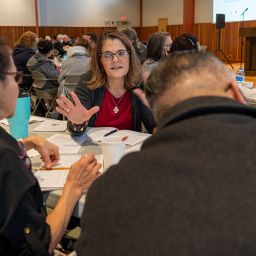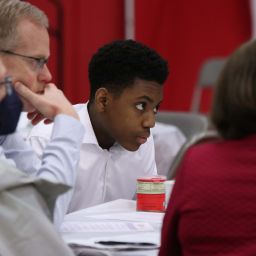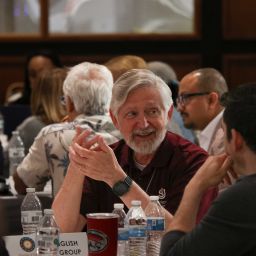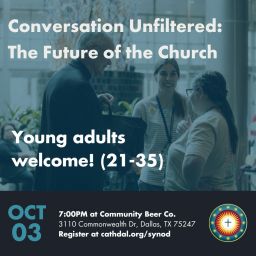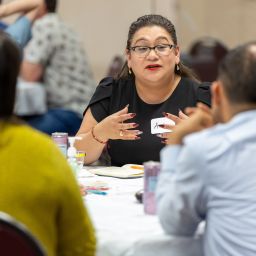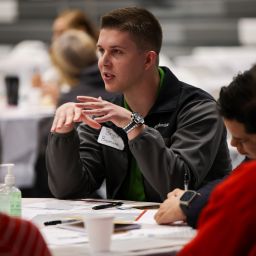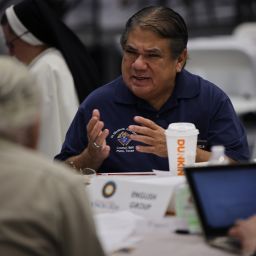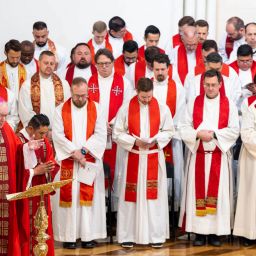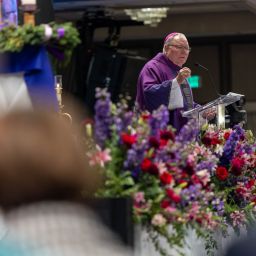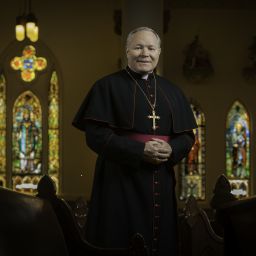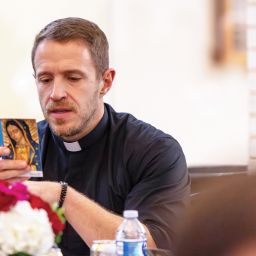By Sefanit Stefanos
Special to The Texas Catholic
Having worked in parish ministry for more than a decade, I expected this synod would provide an opportunity to enter into a discussion with my peers, share my perspective and listen to other people’s experiences and hopes for the future of our Church. I had deeply held beliefs, which I felt were fairly formed from years of experiences with the institutional Church. I looked forward to discussing these issues in a safe space with other sons and daughters of the Church, whose point of views principally come from a place of love for the Church and desire to see its functioning in the world improve.
In many ways, my expectations were far surpassed.
I was surprised by both my enjoyment of the conversation and the depth of discussion. Although I came with my own unique perspective, I could relate to everything being shared at the table. I was touched by the camaraderie I felt with everyone despite the different roles we all held.
Based on my experience participating in the catechetical sessions thus far, I was eager to get the data back from the accumulated responses. I was surprised to see what people most cared about.
For example, I was surprised to see that there were far more responses on leadership and governance than there were on social justice issues and worship and sacraments. I was also surprised that the responses didn’t more reflect the areas where the Church’s teachings conflict with the culture most. I was heartened to see there were far more comments regarding the administration of the Church than frustration with her teachings.
The biggest takeaway I have from the data is the validation this gives to the synodal process and encouragement in what we are seeking to accomplish. This feedback will help us identify the opportunities for growth we have as a Church. As a member of the synod preparatory commission, I am appreciative it gives us the bigger picture we need in order to begin prayerfully crafting resolutions for the Synod gathering.
When dealing with sickness in the body, one first must examine and diagnose before a treatment plan can be created. Praise God our diocese has a bishop with the courage and wisdom to ask the questions to reveal and better understand our true condition, so we can, together as a community of faith, cooperate with the Holy Spirit in bringing to fruition God’s plan for His Church in our world.
Sefanit Stefanos is a member of the Synod Preparatory Commission and is the director of children’s faith formation for St. Joseph Catholic Church in Richardson.

